Nail biting is more than just a simple habit—it’s a window into our emotional state and personality. While many dismiss it as a mere nervous tic, research and expert opinions suggest that nail biting can reveal a lot about our inner world. In this in-depth guide, we explore 5 things your nail biting habit can reveal about you. From perfectionism and intelligence to impatience, self-esteem challenges, and potential psychological issues, each facet provides insight into your behavior and overall mental health.
In today’s fast-paced, high-stress world, understanding our habits is key to managing stress and improving well-being. Whether you’re looking for ways to overcome nail biting or simply trying to understand what your habits say about you, this article is packed with practical tips, scientific insights, and expert-backed strategies to help you achieve better mental health and stress management. Let’s dive into the surprising truths behind nail biting and discover actionable strategies for personal growth and nail biting treatment.
You May Be a Perfectionist: The Hidden Drive Behind Your Habit
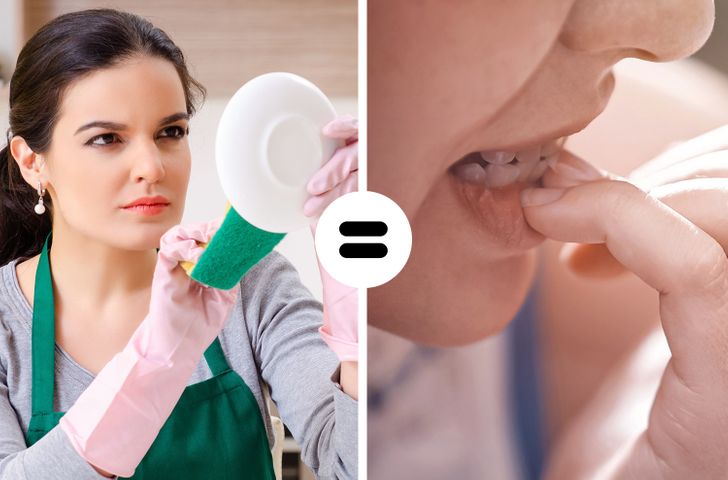
Nail biting can be an unconscious manifestation of perfectionism—a trait characterized by high personal standards and a critical inner voice. For some, the act of biting nails may serve as a physical outlet for the internal pressure to achieve flawlessness.
The Perfectionism Connection
Perfectionists often set excessively high goals for themselves and may experience anxiety over even minor mistakes. This heightened state of alertness can trigger nail biting as a way to cope with the stress of striving for perfection. According to a study published by the American Psychological Association, perfectionism is closely linked with various anxiety disorders, and behaviors like nail biting can be one of its physical manifestations.
Why It Happens
- Stress Relief: Nail biting may provide a temporary distraction from the relentless pursuit of perfection, offering a momentary release from internal tension.
- Control Mechanism: For perfectionists, controlling every aspect of their environment is crucial. Ironically, nail biting—an uncontrollable habit—may emerge as a counterbalance to their intense need for control.
- Coping Strategy: When faced with criticism or failure, the physical act of biting can serve as a self-soothing mechanism, albeit one that is often subconscious.
Overcoming Perfectionism-Related Nail Biting
If you suspect that your nail biting is rooted in perfectionism, consider these strategies:
- Mindfulness Meditation: Practices like mindfulness can help you become aware of your thought patterns and reduce the anxiety that fuels perfectionism. Explore guided meditations on platforms like Headspace.
- Cognitive Behavioral Therapy (CBT): CBT is effective in challenging negative thoughts and developing healthier coping mechanisms. Resources from Psychology Today can offer more insights.
- Stress Management Techniques: Engage in activities that help manage stress, such as yoga, journaling, or even simple deep-breathing exercises.
Recognizing that perfectionism might be driving your nail biting is the first step toward developing more positive habits and reducing stress.
You’re Smarter Than You Think: The Surprising Link Between Nail Biting and Intelligence
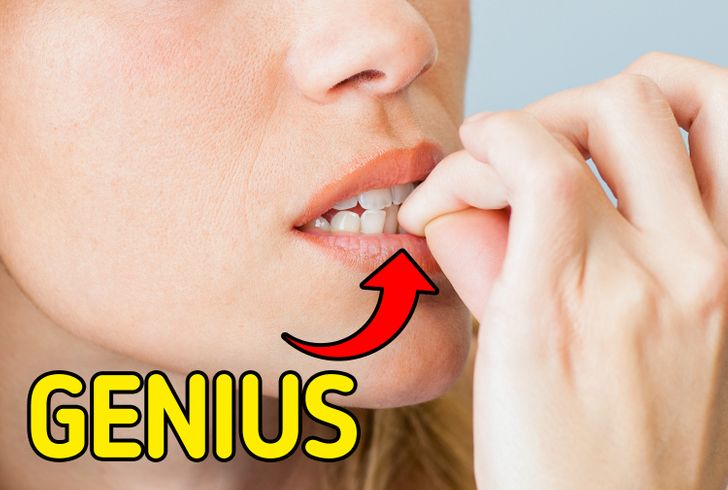
It may sound counterintuitive, but some research suggests that nail biters could actually possess higher cognitive abilities. While the connection between nail biting and intelligence is still being explored, there are several theories as to why this might be the case.
The Science Behind the Connection
Studies have indicated that individuals who engage in repetitive behaviors like nail biting may have heightened neural activity in certain brain regions related to problem-solving and creativity. Researchers believe that the habit might serve as a subconscious mechanism to stimulate the brain during periods of intense concentration or boredom.
- Increased Focus: Nail biting can sometimes be a self-stimulatory behavior, which may help maintain focus during monotonous tasks. For instance, a study in the Journal of Behavioral Neuroscience suggests that such habits might help some people stay alert.
- Creative Thinking: There’s anecdotal evidence from creative professionals and academics indicating that minor fidgeting behaviors, including nail biting, can be linked to enhanced creativity and problem-solving skills.
Embracing Your Intellectual Side
If you notice that your nail biting coincides with deep concentration or creative bursts, try to channel that energy into productive outlets:
- Engage in Brain-Boosting Activities: Consider puzzles, reading, or learning a new skill that challenges your intellect.
- Practice Mindful Awareness: Rather than trying to completely eliminate nail biting, acknowledge it as a part of your unique cognitive process and gradually substitute it with healthier habits.
By understanding that your nail biting may be a sign of a dynamic, active mind, you can use this awareness to foster better self-management and stress relief.
You May Be Impatient: How Nail Biting Reflects a Need for Instant Gratification
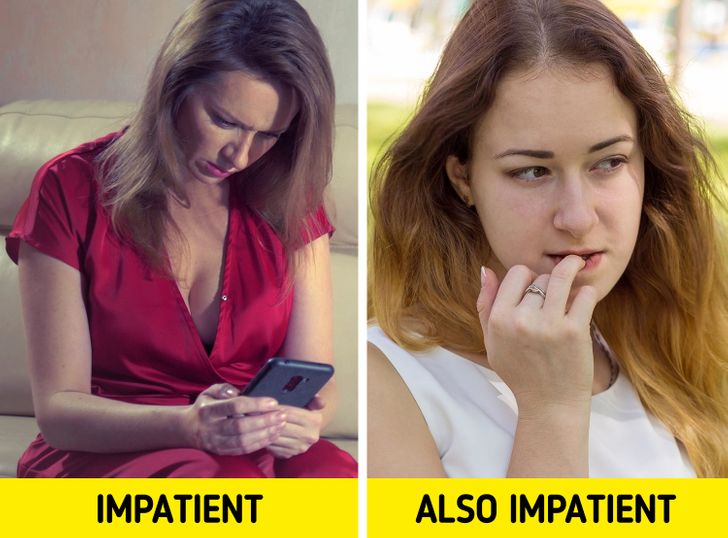
Nail biting can also be a manifestation of impatience—a trait often linked to the modern desire for instant gratification. In a world where quick results are the norm, many individuals find themselves battling with the inability to wait for rewards or outcomes.
The Impatience Factor
When you bite your nails, it might be a subconscious attempt to alleviate the discomfort associated with waiting. The repetitive action serves as a physical release during moments of tension or anticipation. This behavior is often observed in high-pressure environments where results are expected immediately.
- Instant Relief: Nail biting provides a fleeting sense of relief, making it an attractive, albeit unhealthy, coping mechanism.
- Anxiety Reduction: The habit may help reduce the anxiety that comes with waiting or facing delays, offering a temporary distraction from discomfort.
Strategies to Combat Impatience
To address the underlying impatience that may be fueling your nail biting habit, consider the following:
- Practice Delayed Gratification: Engage in exercises that require you to wait for rewards. For example, try setting small, achievable goals that require a waiting period before enjoying the benefits.
- Mindfulness and Meditation: These practices can help you build tolerance for discomfort and reduce the urge for immediate results.
- Engage in Physical Activity: Regular exercise can help regulate stress hormones, which in turn may reduce the anxiety associated with waiting.
Learning to embrace patience not only helps curb nail biting but also contributes to improved decision-making and overall mental well-being.
You May Not Be Happy With Yourself: Nail Biting as a Manifestation of Low Self-Esteem
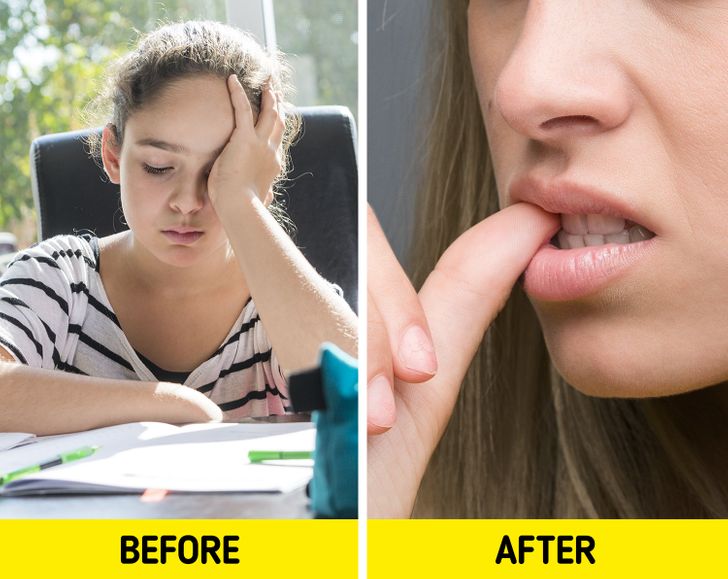
Another insight that nail biting can reveal is a struggle with self-esteem. Individuals who frequently bite their nails might be grappling with underlying feelings of inadequacy or dissatisfaction with themselves. This behavior can be a form of self-criticism—a physical expression of inner turmoil.
The Self-Esteem Connection
Low self-esteem can lead to negative self-talk and a perpetual sense of not being “good enough.” Nail biting, in this context, becomes a self-soothing behavior—a way to cope with internal negative emotions. Research from Psychology Today emphasizes that individuals with low self-esteem often exhibit habits that are counterproductive to their overall mental health.
- Self-Criticism: Nail biting might be an external manifestation of internal self-criticism. Every bite could represent a moment of self-doubt or negative self-perception.
- Stress and Anxiety: Chronic stress and anxiety can exacerbate feelings of low self-worth, creating a vicious cycle where nail biting becomes a habitual response to emotional pain.
Boosting Self-Esteem to Curb Nail Biting
If you suspect that low self-esteem is contributing to your nail biting, consider these actionable steps:
- Positive Affirmations: Practice daily affirmations to challenge negative self-talk and build a more positive self-image.
- Therapy and Counseling: Professional help, such as cognitive behavioral therapy (CBT), can be highly effective in addressing the root causes of low self-esteem. Resources from BetterHelp can provide guidance on finding a therapist.
- Self-Care Practices: Engage in activities that nurture your body and mind—exercise, hobbies, and relaxation techniques can all contribute to improved self-esteem.
- Social Support: Surround yourself with positive influences and seek out communities that foster a sense of belonging and self-worth.
By addressing the underlying issues of self-esteem, you can reduce the emotional triggers that lead to nail biting and pave the way for healthier self-expression.
It Might Be Related to a Psychological Issue: Nail Biting as a Signal for Deeper Concerns
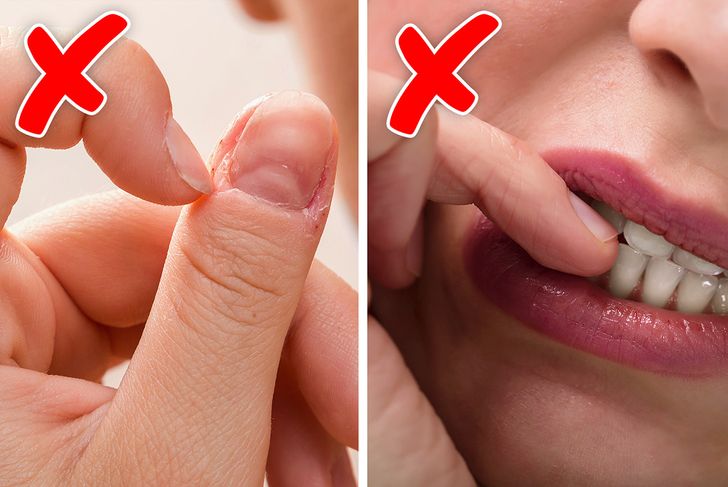
While nail biting is common and often harmless, it can sometimes signal underlying psychological issues. Conditions such as anxiety disorders, obsessive-compulsive disorder (OCD), and attention deficit hyperactivity disorder (ADHD) have all been linked to repetitive behaviors, including nail biting.
Recognizing the Signs of a Psychological Issue
When nail biting becomes chronic and starts to interfere with your daily life, it may be more than just a habit—it might be a sign of an underlying psychological condition. Some key indicators include:
- Excessive Anxiety: If your nail biting is accompanied by high levels of stress and anxiety, it might be a symptom of an anxiety disorder.
- Compulsive Behavior: In cases of OCD, nail biting can be a repetitive, uncontrollable behavior that provides temporary relief from overwhelming thoughts.
- Difficulty Concentrating: For individuals with ADHD, the constant need for stimulation can lead to habits like nail biting as a way to self-regulate attention.
Taking Action for Better Mental Health
If you suspect that your nail biting habit may be rooted in a deeper psychological issue, it’s important to take proactive steps:
- Seek Professional Guidance: Consulting a mental health professional can help diagnose any underlying conditions and provide tailored treatment options. You can explore resources through the National Institute of Mental Health for more information.
- Behavioral Therapy: Techniques such as habit reversal training (HRT) and cognitive behavioral therapy (CBT) have shown success in treating repetitive behaviors. These therapies focus on identifying triggers and developing healthier coping mechanisms.
- Mindfulness Practices: Incorporating mindfulness into your daily routine can help manage anxiety and reduce the compulsive urge to bite your nails. Apps like Calm offer guided meditations designed to lower stress levels.
Addressing the psychological factors behind nail biting not only improves your nail health but also enhances your overall quality of life and emotional well-being.
Conclusion: Embrace Self-Awareness and Transform Your Habits
Nail biting may seem like a trivial habit, but as we’ve explored, it can reveal deep insights into your personality and emotional state. Whether it stems from perfectionism, reflects hidden intelligence, signals impatience, indicates self-esteem struggles, or hints at underlying psychological issues, understanding the reasons behind your behavior is the first step toward transformation.
By recognizing these patterns and embracing healthier coping strategies—such as mindfulness, stress management techniques, and professional support—you can take meaningful steps toward self-improvement. Not only will this help reduce your nail biting habit, but it will also empower you to manage stress more effectively and enhance your overall mental health.
Remember, every habit offers an opportunity for growth. Use this newfound insight to foster self-awareness, build positive habits, and embark on a journey toward a healthier, more balanced you.
For further reading on behavioral patterns and mental health, consider exploring trusted sources like Mayo Clinic and Psychology Today. These platforms offer evidence-based advice and resources to help you navigate the complexities of stress management and personal development.
By taking a proactive approach to understanding and managing your nail biting, you’re not only addressing a minor habit but also opening the door to deeper self-discovery and improved overall well-being. Embrace the journey toward a more mindful, stress-resilient life—one step, one bite, and one positive change at a time.
Preview photo credit Shutterstock.com, Depositphotos.com



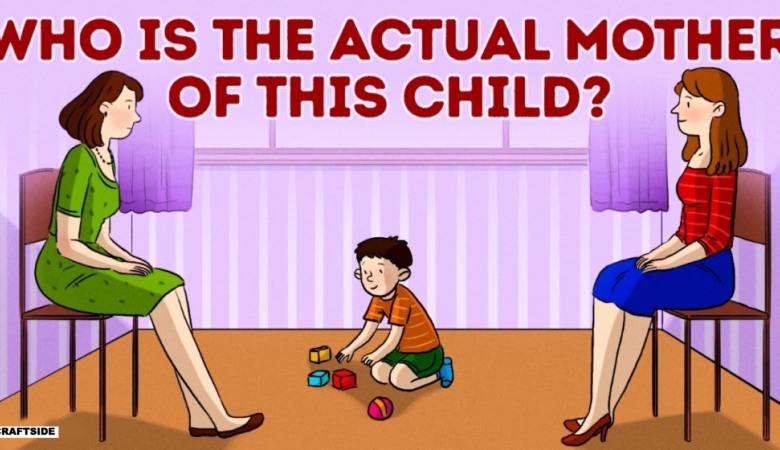
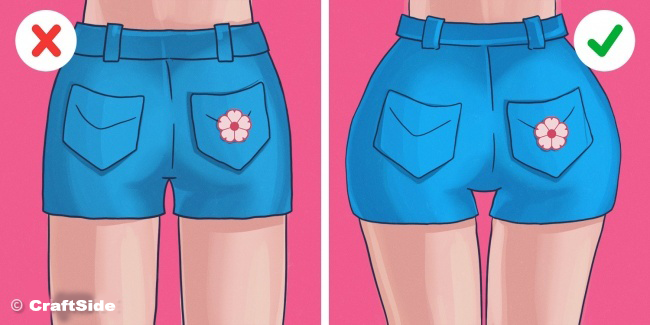




Leave a Reply